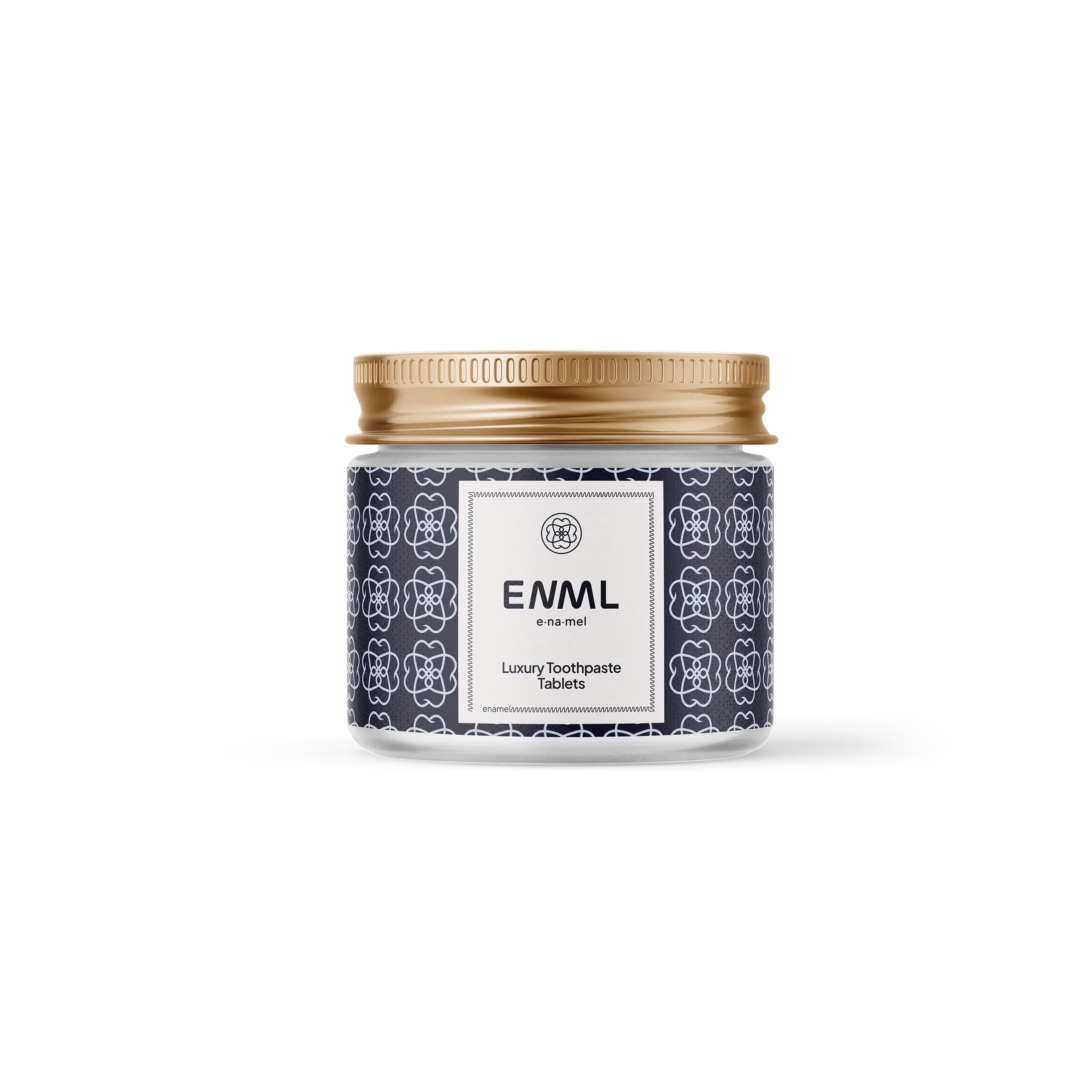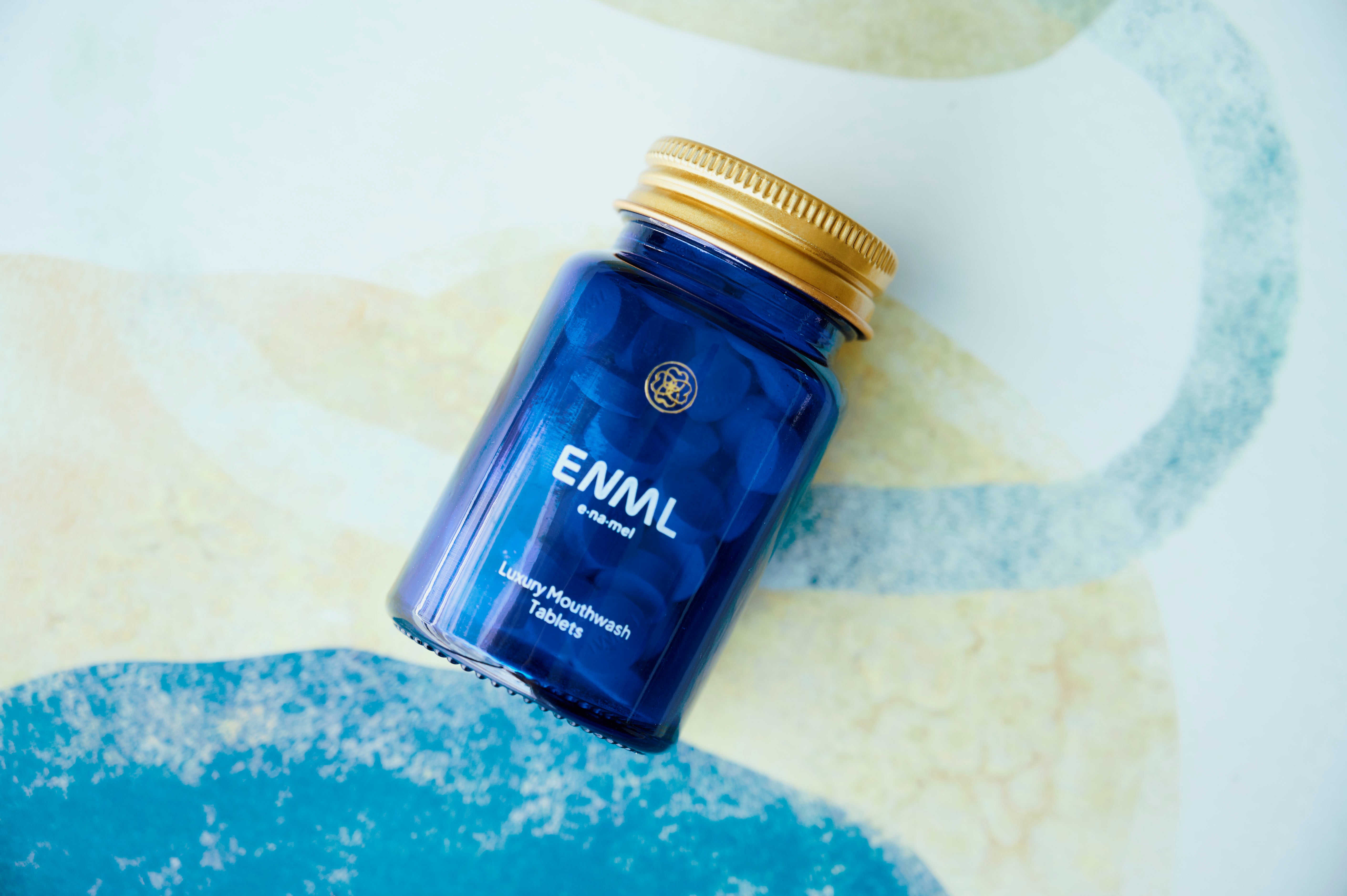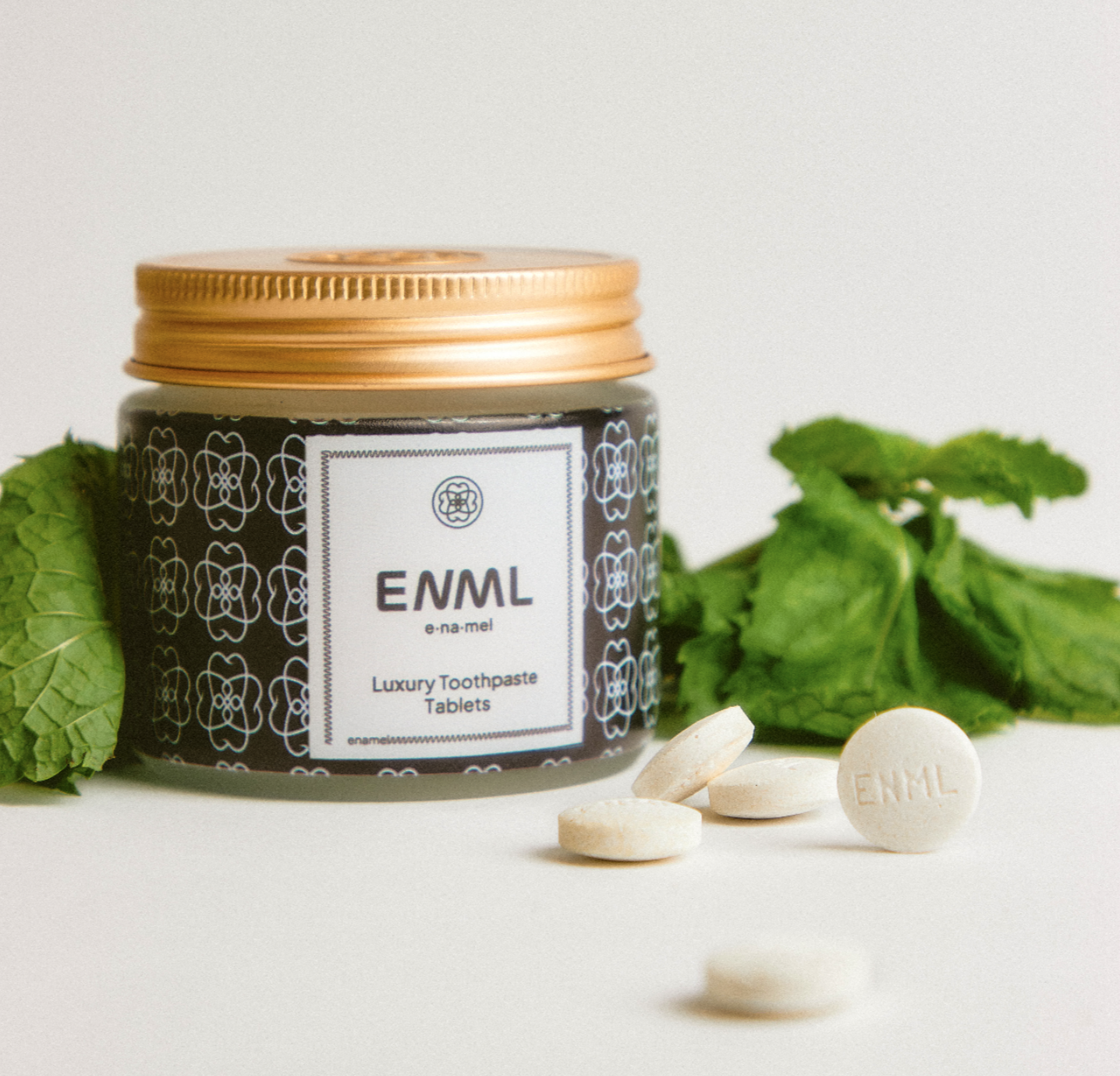When shopping for toothpaste, you've probably noticed an increasing number of fluoride-free options available. You've likely heard arguments from both sides—fluoride strengthens teeth but may also have health risks. So, what's the truth? Should you be concerned about fluoride toothpaste, and what happens if you stop using it?
Let's examine the most common concerns, clarify the science, and highlight safer alternatives.
Why is Fluoride in Toothpaste?
Fluoride is added to toothpaste primarily because it effectively prevents cavities by strengthening tooth enamel and promoting remineralization. Dental professionals widely recommend fluoride toothpaste due to these proven benefits.
Potential Risks and Concerns of Fluoride Toothpaste
While fluoride toothpaste is generally considered safe when used correctly, legitimate concerns have arisen about its potential negative effects:
1. Dental Fluorosis
Too much fluoride exposure during early childhood can cause dental fluorosis, marked by white streaks or discoloration on teeth. This mostly affects aesthetics but can signal excessive fluoride intake.
2. Possible Cognitive Effects
Emerging studies, including research from institutions like Harvard, indicate that high fluoride exposure might negatively impact cognitive development, especially in children. Although these studies usually focus on areas with heavily fluoridated water, this has led some parents to reconsider fluoride use.
3. Thyroid and Hormonal Disruption
There are concerns that fluoride can impact thyroid function, potentially leading to issues such as hypothyroidism, fatigue, or weight gain, although evidence typically relates to prolonged exposure at levels higher than found in toothpaste.
4. Allergic Reactions and Sensitivities
Some individuals may experience reactions like perioral dermatitis—a rash around the mouth associated with fluoride sensitivity. Switching to fluoride-free toothpaste generally resolves this condition.
Environmental and Sustainability Impacts
Fluoride production involves mining processes and chemical treatments that can negatively affect the environment. Fluoride compounds are also persistent, meaning they accumulate in natural ecosystems, potentially harming wildlife and plant life.
Effective and Safe Alternatives to Fluoride
Given these concerns, many consumers prefer fluoride-free toothpastes that use natural ingredients with similar protective benefits:
1. Xylitol
Xylitol is a natural sweetener that actively reduces cavity-causing bacteria and encourages saliva production, helping maintain balanced oral health without fluoride.
2. Nano-hydroxyapatite (n-HA)
Nano-hydroxyapatite is highly effective at remineralizing tooth enamel naturally. It closely mimics the structure of tooth enamel, reducing cavity risk without fluoride.
3. Herbal and Plant-Based Ingredients
Herbal toothpastes containing neem, tea tree oil, peppermint, aloe vera, and green tea extract offer antibacterial properties, freshen breath, and reduce inflammation naturally without fluoride-related concerns.
4. Oil Pulling
This ancient practice involves swishing oil (typically coconut oil) to naturally reduce oral bacteria, freshen breath, and promote gum health. While not a direct substitute for fluoride toothpaste, many people find it beneficial as part of their oral care routine.
Discover Fluoride-Free Alternatives
Choosing the Right Toothpaste for You
Your personal decision should be guided by your specific dental health needs and preferences:
Use fluoride toothpaste if:
- You're highly prone to cavities or have weakened enamel.
- You live in an area without fluoridated water.
Consider fluoride-free toothpaste if:
- You're concerned about potential health effects of fluoride.
- You're already exposed to adequate fluoride through drinking water or other dental treatments.
- You experience sensitivity or reactions to fluoride.
Safe Fluoride Use (If You Choose Fluoride Toothpaste)
- Always use small amounts—grain-sized for young children and pea-sized for older kids.
- Ensure children spit out toothpaste and avoid swallowing.
The Bottom Line: Making an Informed Choice
Fluoride toothpaste has undeniable cavity-fighting benefits, but ongoing concerns about its potential health and environmental impacts have prompted many to seek safer alternatives. With fluoride-free options becoming increasingly effective, consumers now have more choices than ever before.
To make the best decision for your dental health, consider discussing your specific concerns with your dentist.






